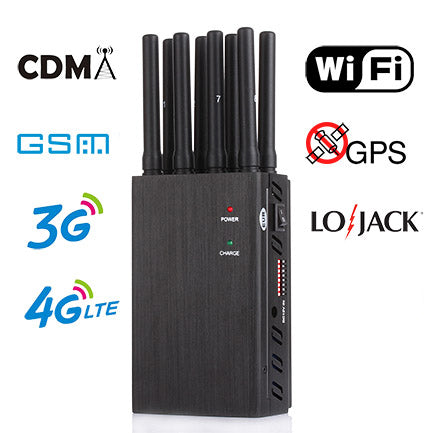Should we use cell phone jammers in the future and their application prospects
The use of phone jammers has been a controversial topic recently, with some in favor of their use and others against it.
Recent news that India's examination authorities have approved the use of cell phone blockers has further fueled the debate over the use of these devices.
In India, government-mandated examination administrations can install portable cell phone jammers to prevent candidates from cheating on cell phones during exams. This application can effectively maintain the fairness and security of the exam and prevent cheating.
In the field of home security, jammers can also be used to prevent vandals from jamming the camera. By disrupting the wireless signal, vandals cannot jam the camera, thus ensuring home security.
In the military field, jammers can be used to disrupt enemy communication systems to ensure the safety of our troops.
In the field of traffic management, jammers can be used to disrupt the wireless signals of vehicles to prevent traffic accidents.
Signal jammers also have more potential applications in privacy and security protection. For example, jammers could be used to block a drone's communication and navigation systems, thus preventing drone surveillance or attack. In addition, jammers can be used to prevent intruders from jamming or offline attacking the surveillance system, thus improving security.
However, caution must also be taken when applying cell jammers. A video from a South Charlotte neighborhood shows a suspect sneaking into someone's yard, revealing the potential for misusing jammers, causing unnecessary disruption and damage.
Nevertheless, cell phone jammers are also useful in situations where privacy is of utmost importance. Its application perspective is broad and can be applied in various fields. However, when using mobile phone jammers, it is necessary to balance the relationship between privacy and security, taking into account possible impact and misuse, to ensure that the use of jammers does not cause unnecessary damage to personal rights and public interests.














